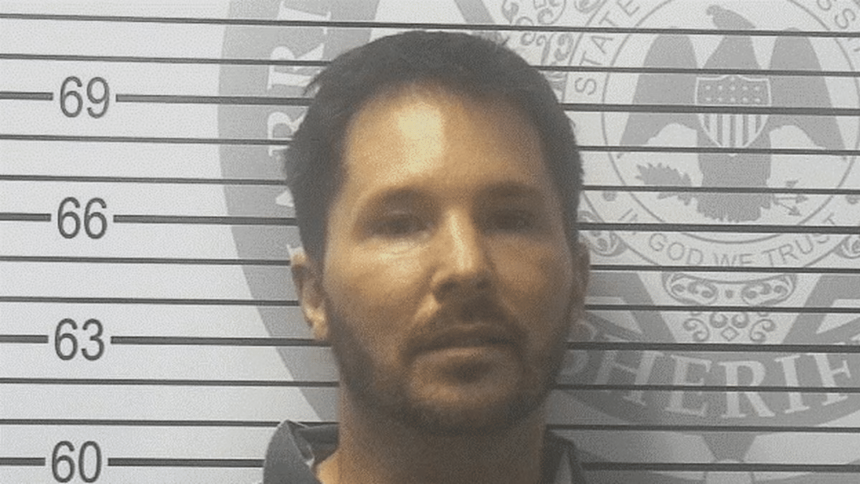A former Biloxi city councilman found to have knowingly sold fake CBD products at stores he owned will spend six years behind bars.
Robert Deming III, 47, who resigned from his post on the council in May, was in his third term when he found himself in legal trouble after a federal and state investigation revealed that some of the vape products sold at his stores in Mississippi contained Schedule I controlled substances.

Customers of Deming’s Candy Shop locations were reported to have become ill after consuming these products. He is said to have grossed more than $2 million from the products.
“U.S. consumers are put at risk when labeling is false and misleading,” Special Agent in Charge Justin Fielder, FDA Office of Criminal Investigations, Miami Field Office said. “Labeling is designed to provide information that can help consumers make informed choices about what they purchase and consume. The FDA is committed to pursuing and bringing to justice those who unlawfully mask controlled substances as known consumer products to be sold to the American public.”
As the investigation continued, agents learned that Deming was aware that his vape additives did not contain CBD. Rather, they contained synthetic cannabinoids. This was evidenced by group chats in which Deming’s employees complained about how the additives were too strong and could hurt their customers. Despite this fact, the former Ward 4 councilman misbranded the additives as containing CBD.
Agents were also able to determine that in May 2022, Deming sent an uncharged coconspirator $2,200 to purchase one kilogram of 5F-AB-PINACA, a schedule I controlled substance, for use in the Candy Shop’s vape additives and that, at the time Deming sent the money, he knew that 5F-AB-PINACA was a controlled substance.
Deming was indicted by a federal grand jury in September. As part of the plea agreement in this case, he agreed to forfeit a yellow monster truck with oversized tires and a lift kit and $1.8 million to the government.
The case was investigated by the Drug Enforcement Administration, the U.S. Food and Drug Administration Office of Criminal Investigations, and the Mississippi Bureau of Narcotics. It was prosecuted by Assistant United States Attorneys Jonathan Buckner and Lee Smith.







